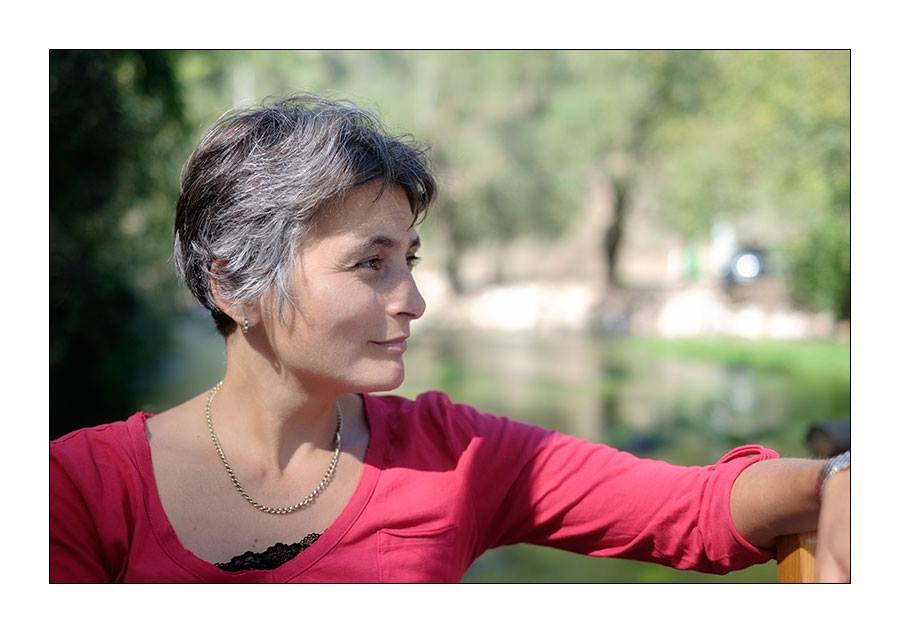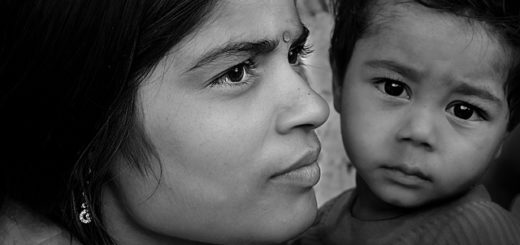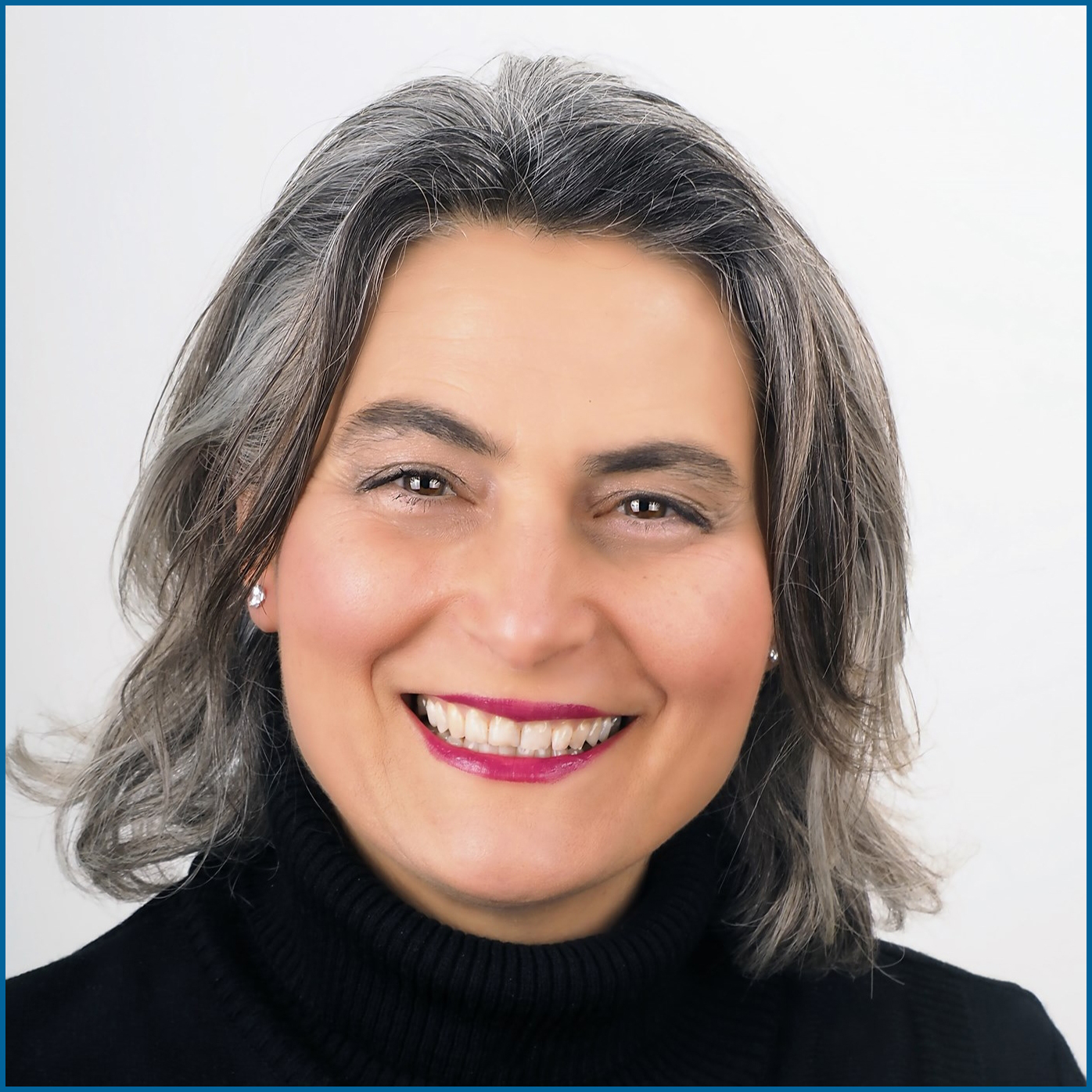Marital and Family Therapy in Turkey – Interview
Last week I was interviewed on marital and family therapy in Turkey for a research project from University of Georgia, the Department of Human Development and Family Sciences. Dr. Desiree Seponski will present her conclusions in Canada, Toronto this October. It will be part of her keynote speech for the ‘Global Family and Systemic Therapy Conference’.
1) Where and how do you see the need for Marital and Family Therapy (MFT) in your country?
Family Therapy was established in Turkey decades ago. We hosted the IFTA Congress back in 2004, and there is an IFTA event in Izmir this year. At first the profession was dominated by psychiatrists and psychologists, but I’m pleased to see a trend toward social workers and counselors becoming involved, as well as some mature lay people from religious communities.
I look at Marital and Family Therapy in terms of its systemic perspective in understanding events and problems. As such not only Turkey but the whole world needs to see the interconnectedness and the circularity of our lives on this planet away from blaming, manipulating and resorting to violence.
Turkey is a culture both geographically and sociologically situated between East and West. The religion and the yearning for western values idealized during the independence process at the beginning of the 20th century have been the two forces shaping the society. The polarization of these forces create conflict at many levels and require a systemic approach.
-
Where or how do you see the importance of Marital and Family Therapy in your country?
Because I work on-line, as well as having a face-to-face practice, I’m able to see people from all over Turkey and not be restricted to the major cities. There is a need for marital and family therapy everywhere, and it really doesn’t matter if a family’s background is secular or religious.
Here more than in the west people identify themselves largely with their three generation family. They often live in the same building sharing the daily chores, eating together, if not they get together almost on a weekly basis, provide support for each other with child care, illness and old age. This goes hand in hand with a sense of community rather than individualism. This type of social organization lends itself naturally to the family interventions.
Role of men and women is also changing, there are more educated women; however there is a need to address the violence in the society at all levels; traditional (honor), political, relational (couples), parental and educational. Both genders suffer from violence and become perpetrators.
Families are also struggling with the demands of the mainstream education. In this country one of the main roles I would want to attribute to family therapists would be putting all this emphasis on education at the expense of normal development of a young person in perspective.
-
What are the recent developments in Marital and Family Therapy in your country?, This can be developments in any facet (training MFs, MFT supervision, MFT registration, MFT policy?).
We have had a Family Therapy Association in Turkey for several decades, but this was developed within the private sector. More recently a new association was formed by people working with the general public in university and state hospitals. Family Therapy is now taught in universities. When I first returned from London fifteen years ago there were no training clinics where people were able to take part in reflecting teams and act as therapists under live-supervision, so I helped to set one up in Istanbul. I am pleased to say that some students from those times now have extended this practice into University departments, based upon this model, which I learned in the U. K.
Between 2002 and 2005 my husband designed and delivered an Introductory Course to Family Therapy. At the time the literature was not translated, there was no family therapy courses at the university level and only two other privately organized courses in Istanbul. That was delivered under the umbrella of a Child Guidance charity; over 3 years a lot of professionals were trained and even more were exposed to systemic ways of working, live supervision with a video link and multidisciplinary team work.
Since then few universities started to offer undergraduate courses and master degrees on couple and family therapy.
In addition 3 years ago in 2012 Ministry of Family Social Politics provided a new legislation to open Family Counseling Centers across the country. Since then many certificate programs are providing basic training to increase the number of qualified professionals.
-
To what rate or extent do people consult with you on systemic issues? Marriage and family?
All clients bring systemic issues, of course, but I also have good connections with other professionals and members of the community I regularly teach parenting skills and introduce systemic thinking into my modules, and also talk to teachers and nursery leaders, so some of my work involves consulting with such people. I also consult with my former teachers abroad, so for example quite recently, I had access to recent research about treating eating disorders, which was used to build a team around a specific family who were experiencing difficulties.
Often when the pain becomes unbearable one or more family members look for help. Some are more aware than others about the systemic nature of their difficulties and sources of pain. When I bring the systemic perspective to their experience there is mostly immediate relief and we start working systemically.
For me all difficulties are systemic. Couples dealing with the effects of an affair, couples struggling to maintain a fulfilling relationship and thinking about divorce, the effects of parents childhood traumas on the couple’s relationship and how they relate to their kids, jealousy, anxiety, panic attack, depression, obsessions, eating disorders are some of the issues that families consult with me.
Vaginismus is a very culture specific problem. This is when the vaginal muscles contract with force making penetration impossible during sex. This happens against the women’s conscious will. Virginity before marriage is a cultural expectation. The body-mind cannot switch the off button on sex once the couple is married and they are free to have intercourse.
Parents are very open to learn. In the village schools in the area I live I offer parents training for 50-60 people. I tried to measure the effectiveness with pre and post questionnaires I collected from students. But the data needs to be processed, I simply do not get the time for it in private practice.
We offered systemic on-line psychological support for families and professionals under the umbrella of the Association for Muscular Dystrophy. This was a voluntary project we run for 3 years. With funding it could continue.
We also used systemic ideas when a support group for earthquake survivors asked our help with kids who lost their families during the earthquake. We offered the support group regular discussions with information, questions and answers. We felt that empowering them to help these kids with whom they developed good relationships already was the best way. It also helped them to work with their own traumas. The work had unexpected consequences; together we published a book about their experiences.
-
What attributes in the therapist are important for a successful practice in your country?
You need four attributes. A non-judgemental attitude, humility if you like, a thirst for learning for learning’s sake rather than to obtain certificates and qualifications, the ability to separate your own ego from your practice and see things from a meta perspective, and an entrepreneurial edge. No one teaches you how to grow your practice either within the state system, or as a private practitioner when you’re in college. It’s the same everywhere, you must learn your entrepreneurial skill elsewhere.
The wide variety and polarization of cultural groups in this country requires a therapist to be neutral, apolitical, accepting and non judgmental. It is vital to be aware of cultural differences and stay in a non knowing position to be accepted into the family system. This unassuming awareness is very refreshing and vital for a therapist to create a context for helpful conversations.
Confidentiality is also very important, many people are still worried about the labeling in their communities. often they prefer online sessions miles away from where they live in order to prevent gossip.
Qualifications are important for Turks. Studying abroad or with good teachers from Europe or America provides a high status which brings respectability to the practitioner.
-
How would you define marriage and family therapy?
For me Marital and Family Therapy is a systemic way of approaching life, events, problems, phenomena in general. It also offers some tools to intervene. It is a means to aid couples and families face reality and make changes using systemic understanding and well-researched scientific method.
Originally, back in Nathan Ackerman’s day family therapy was rooted in psychoanalysis but even that discipline has had to accept the systemic nature of mind and natural systems. The kind of work I do doesn’t rely upon Cybernetic Strategies, as was the case generations ago, and as it is still taught in some centers in Turkey.
Even when using Narrative approaches help may be deconstructed into their component circuits using systemic thinking. The powerful idea that someone may Re-author their life, which Michael White developed after reading Foucault, for example, when examined systemically reveals not simply the communication arcs by which individuals within someone’s family history interconnect with mind, but also at a Second Order level, communicates that re-authoring is possible because we relate to the world through concepts, or stories if you prefer.
-
What has been in your clinical experience in proving specifically systemic counseling/therapy to couples and families in your country?
People in distress are very open to counselling/therapy here. Nothing needs to be ‘sold’ and no one needs ‘convincing’ of anything. You simply need to be visible and treat people respectfully.
A lot of the training for professionals are based on psychoanalytical and cognitive approaches and address individuals. However often families want to come to sessions together, either as a couple or with their children. Untrained professionals in systems thinking find this very distressing and avoid bringing them in the same room at all costs, even considering such meetings counter therapeutic.
The recognition of the need for working with families has been gradually increasing in the last decade. Families respond really well, I can tell from the demand and satisfaction from my services.
-
Which other professionals provide the access for MFT?
Currently psychologists, counselors, social workers, psychiatrists, nurses, child development professionals, sometimes sociologists have access to Family Counseling Certificate courses offered in the evening or at the weekends by universities. However master degrees are not as varied in their acceptance.
These professionals and members of some community groups all are represented within the associations for family therapy. Medical practitioners, teachers, as well as members of the professions I listed earlier all refer people from time to time.
-
Do you collaborate with other mental health professional?
Yes – and sometimes build interdisciplinary teams to help people in specific difficulties. I am in private practice in the country, working both online and face-to-face. I collaborate with psychiatrists when there is a need for medication, or when there is an illness such as Anorexia that require multi-disciplinary input, similarly I communicate regularly with dietitians and doctors when there is a need.
I also work closely with a counselor specialized in working with children. I also have strong links with a psychiatrist whom I’ve known for more than a decade in Istanbul as well as maintaining International links with researchers in the field.
-
What type of professional associations and disciplines exist in your country? How long have these professional organizations been in existence? How large is the membership? Is membership mandatory?
IFTA and EFTA were represented with few membership since early years of 2000. The Association for Couple and Family Therapies started in 2012 and also has become a branch of IFTA in Turkey. Its members are from 10 cities in the country, Northern Cyprus and from America.
Membership is not mandatory for practitioners. There was a stage in the early years of 2000 any center providing mental health services was required to be partnered with a psychiatrist.
The area is currently not heavily regulated. There are no regulations for professional development once you are certified. Coaches and NLP practitioners coming from all sorts of backgrounds practice in the field freely sometimes serving the communities they live in, sometimes making more harm than good.
But we need to be cautious here, sometimes even the most qualified professionals lack the ability to work effectively.
-
Is there a licensing board or agency in your country? What the requirements for licensure in your country
I believe we are in a transitional stage. Until recently there was no enforced licensing for practicing family therapy in Turkey. In 2012 the need for family based mental health services are more recognized and since many certificate programs are opened providing licensing for opening Family Counseling Centers. They involve 300 hours theory input, 60 hours in class experience, 60 hours clinical placement, 30 hours supervision, in total 450 hours.
Our country isn’t really about establishing a profession of Family Therapists. We belong to core professions such as psychology, or social work, but when we practice family therapy we are 100% family therapists. This is a stage which most countries have gone through, and even though a profession of Family Therapy exists elsewhere, there has always been an argument for Family Therapy simply being a core skill within established professions, such as psychology or psychiatry.





